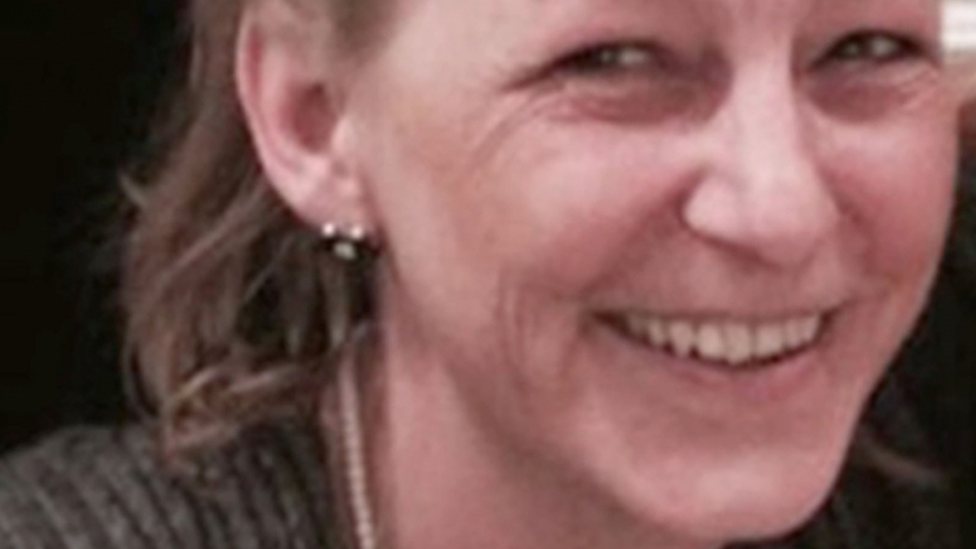Dawn Sturgess: Patel considers public inquiry into Novichok death
- Published
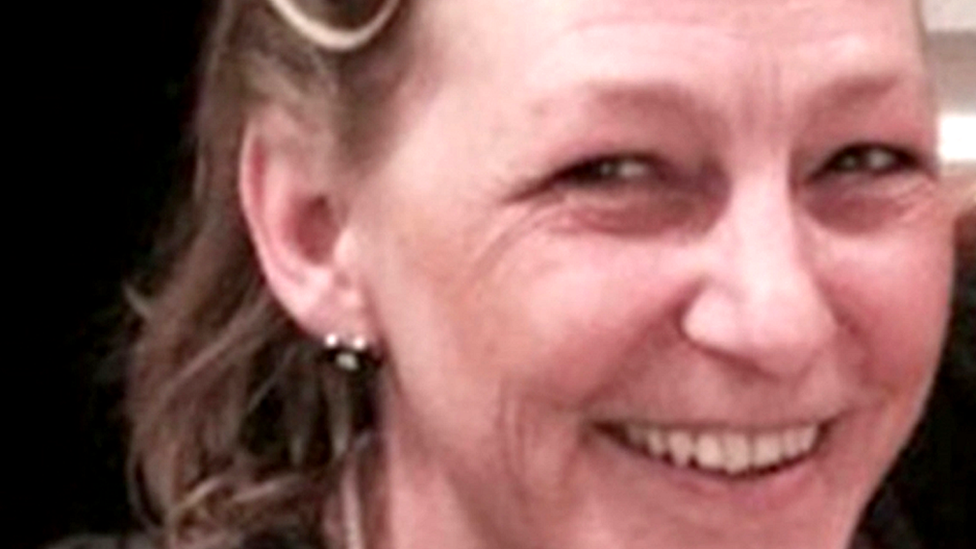
Dawn Sturgess was not the target of the Novichok poisonings but encountered the nerve agent by accident
The government is considering whether to hold a full public inquiry into the death of Dawn Sturgess from the nerve agent Novichok in Wiltshire in 2018.
Baroness Hallett, the coroner, says the powers of an inquiry are needed to consider secret documents relating to potential Russian involvement in the attempt to kill Sergei Skripal.
The Home Office has denied holding up the process.
Home Secretary Priti Patel refused in July to give her preliminary agreement.
Her officials said she would decide by Christmas whether to agree to the inquiry, which raised "serious national security concerns".
Currently the death of Dawn Sturgess is being considered as an inquest, but this would limit its ability to examine secret documents.
Dawn Sturgess died in July 2018 after rubbing Novichok nerve agent disguised as perfume into her skin after her partner had given it to her as a present.
Charlie Rowley had found a bottle of the substance months after the attempted assassination of the former Russian spy Sergei Skripal and his daughter Julia in Salisbury.
A Metropolitan Police investigation has identified a three-man Russian hit team as responsible for the attack.
Priti Patel will consult the prime minister and other cabinet colleagues about converting the inquest into a full public inquiry.
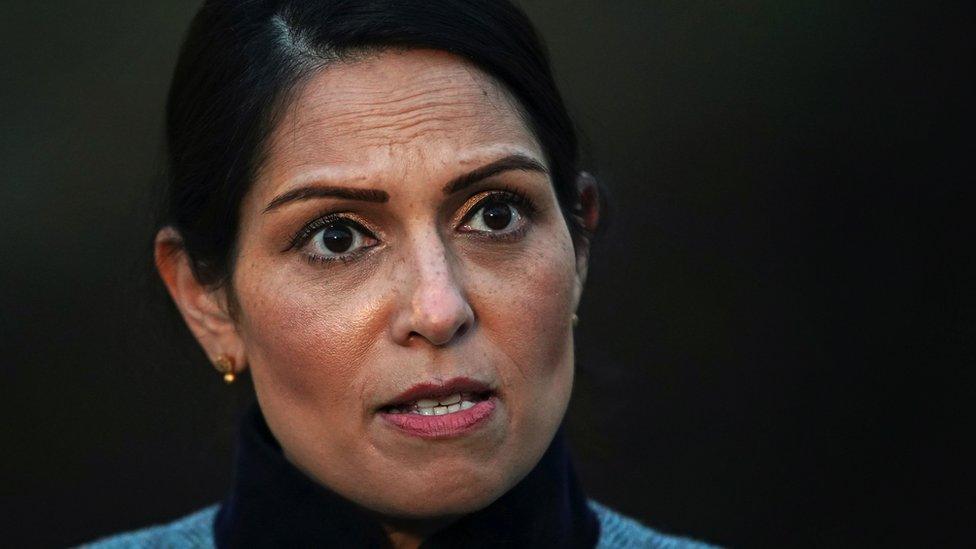
Home Office officials said Priti Patel would decide by Christmas if there would be a full public inquiry
Baroness Hallett has written to the home secretary urging her to make a quick decision.
"We are anxious to avoid any unnecessary delay and increased anguish for the bereaved family," she said.
"Accordingly, although I understand the demands on your time, I urge you to respond to this request urgently and no later than 17 November 2021."
The Home Office said: "Our thoughts remain with the family and friends of Dawn Sturgess and we have taken on board their preference for this inquest to be converted to a public inquiry."
A barrister for the inquest, Andrew O'Connor QC, has criticised the home secretary for turning down an informal request to give the inquiry the green light in July.
"We are further behind in the process than we would otherwise have been," he said.
The BBC has been told the budget and organisation of the inquiry cannot be decided until Ms Patel indicates it will go ahead.
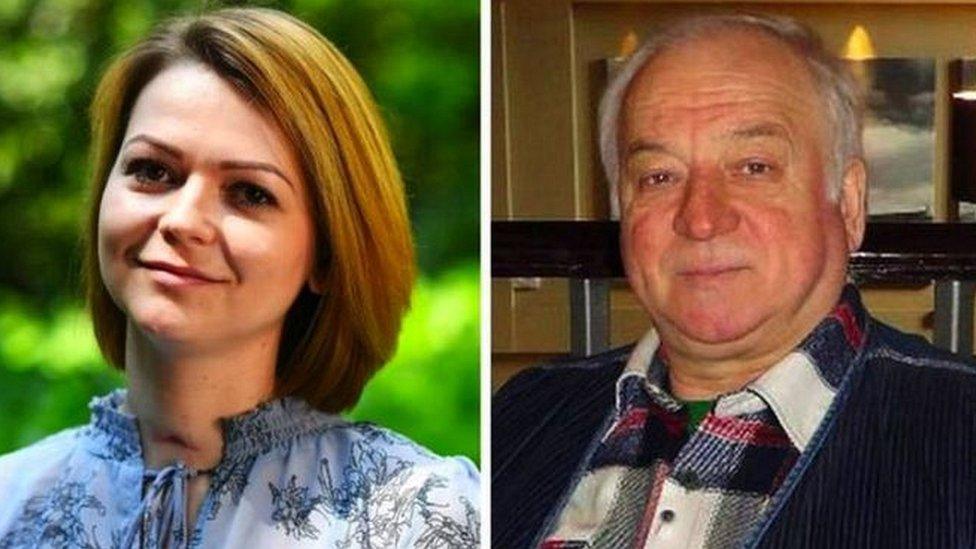
Sergei Skripal and his daughter Yulia survived the poisoning attempt
In response, the Home Office said: "The home secretary has not caused any delay in proceedings and could not start the formal process towards establishing an inquiry until receiving a formal request.
"The earliest hearings could start would be the end of 2022 or beginning of 2023 given the complexity of the case.
"The coroner has now formally requested a conversion and we will work as quickly as possible with the aim to reach a decision within the timeframe set."
The pre-inquest hearing was told that in the case of the Manchester Arena bomb, Ms Patel decided early in the process that there should be a public inquiry.
But the Home Office says the issues are more complex in the Sturgess case.
Public inquiries have the power to consider sensitive evidence behind closed doors.
If the investigation continued as an inquest, most of the secret evidence would have to be excluded, under the rules of Public Interest Immunity.
Baroness Hallett says she will examine:
The life and death of Dawn Sturgess, including the medical causes and the treatment she was given
The poisoning of Sergei and Yulia Skripal
The suspected involvement of two Russian GRU officers, using the aliases Alexander Petrov and Ruslan Boshirov
The source of the Novichok nerve agent
Any involvement of the Russian state in directing the attack on Mr Skripal
The police and public health response to the Skripal poisoning and the searches done for any remaining substances brought to Wiltshire
- Published21 September 2021
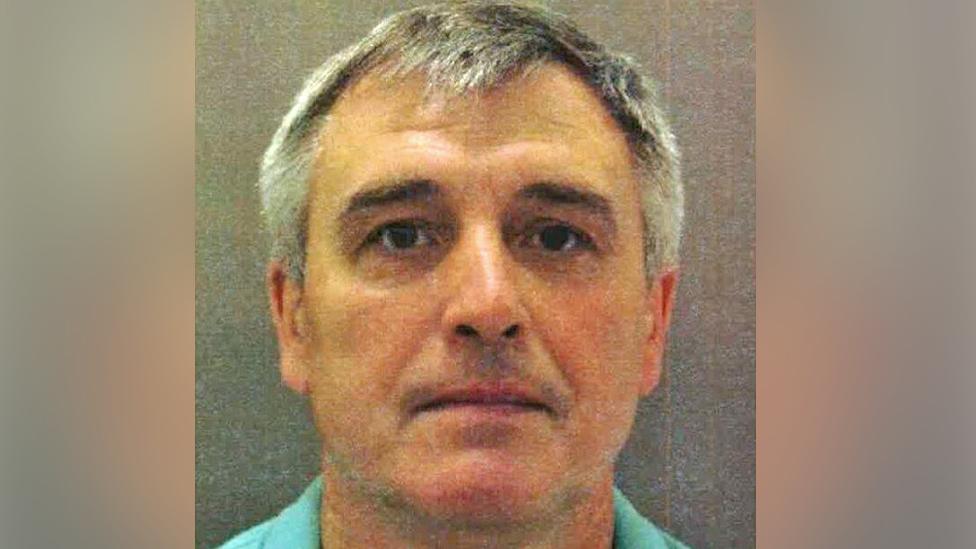
- Published19 April 2021
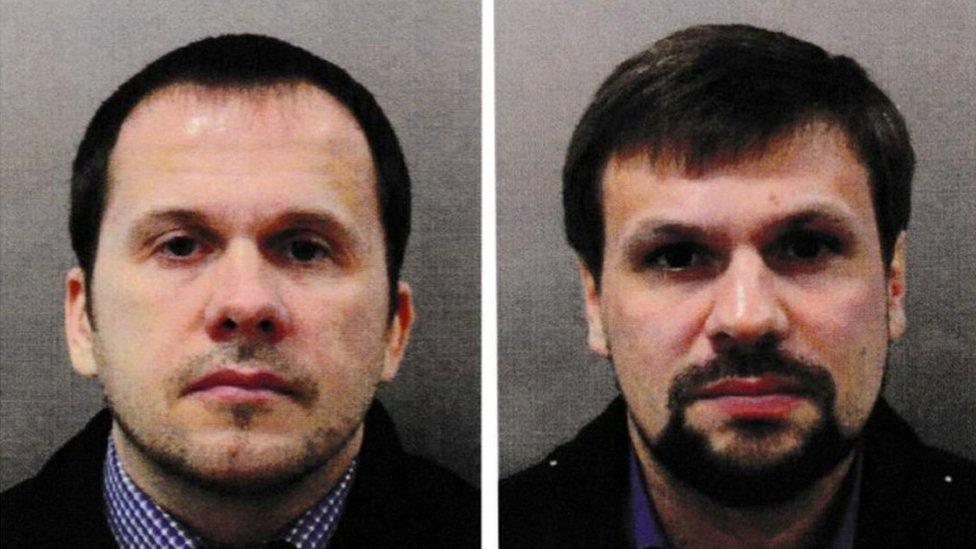
- Published26 October 2020
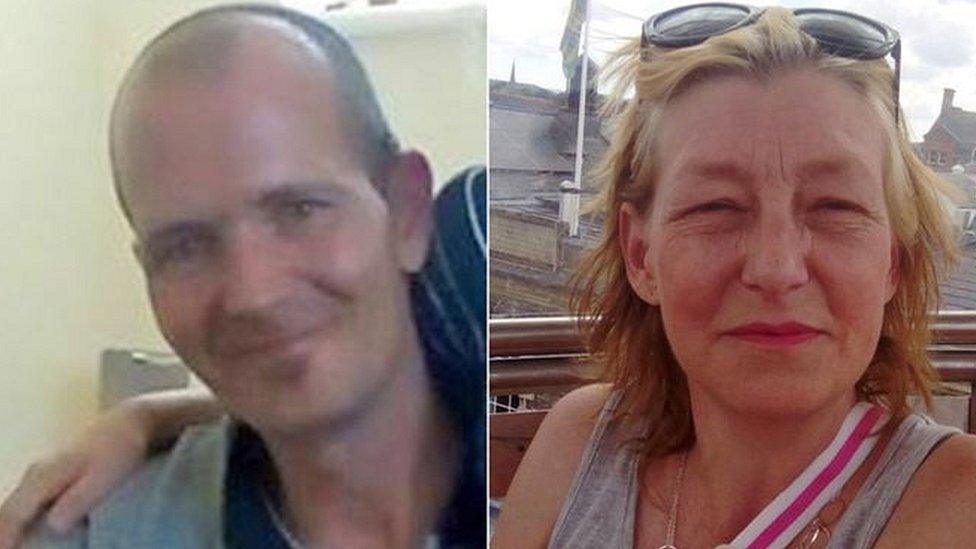
- Published4 September 2020
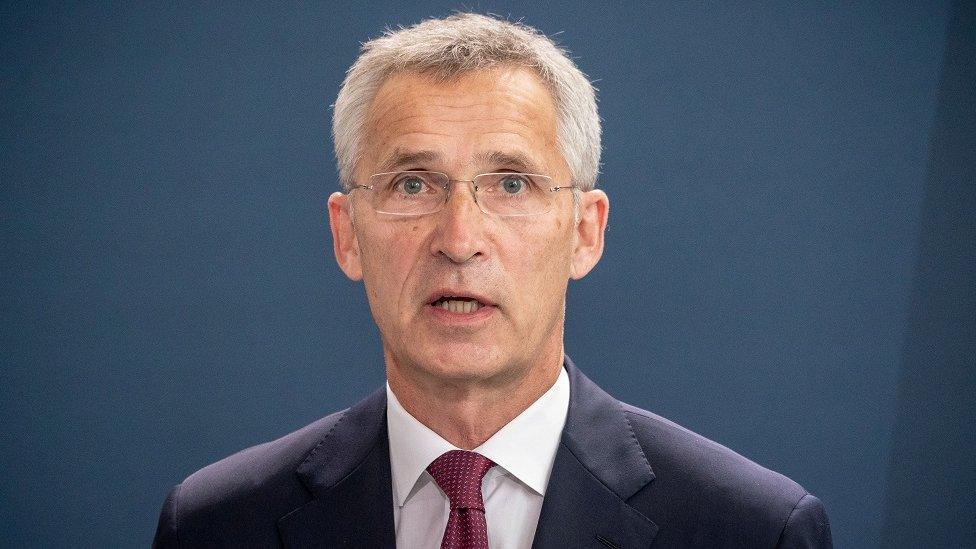
- Published24 July 2020
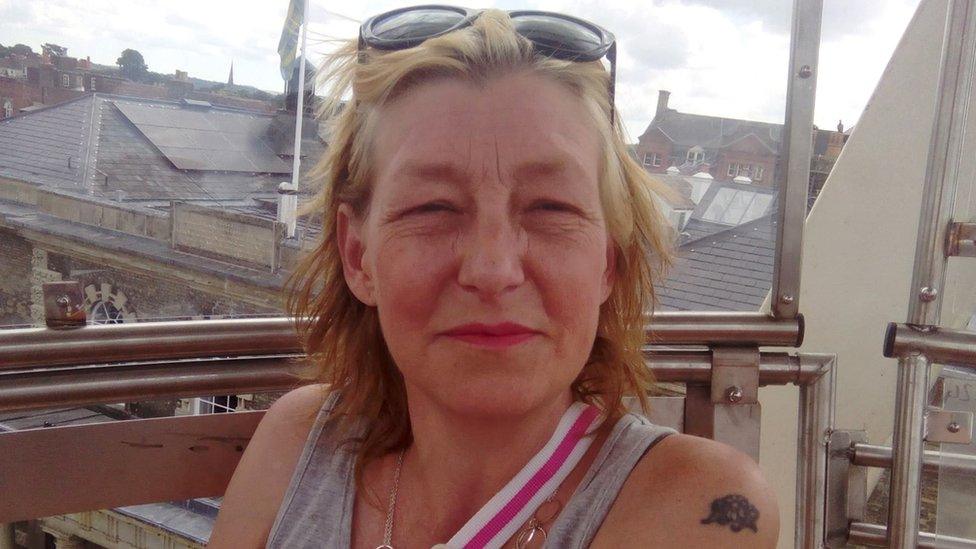
- Published14 July 2020
